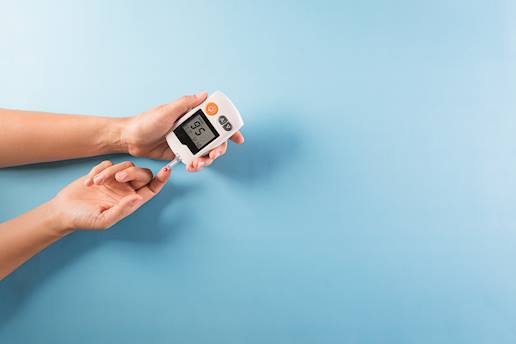
Diabetes is a chronic condition that affects how the body processes glucose, the main source of energy. It occurs when the body either doesn't produce enough insulin or cannot use it effectively, leading to a buildup of sugar in the bloodstream.
Type 1 Diabetes:
Believed to be an autoimmune reaction that destroys the insulin-producing cells in the pancreas. It’s typically diagnosed in children or adolescents and requires lifelong insulin therapy.
Type 2 Diabetes:
The most common form, occurs when the body's cells become resistant to insulin or the pancreas doesn't produce enough of it. It's often linked to obesity and a sedentary lifestyle.
Gestational Diabetes:
Develops during pregnancy and usually resolves after childbirth. However, it increases the risk of developing type 2 diabetes later in life.
Symptoms vary depending on the type of diabetes, but common signs include:
Excessive thirst
Frequent urination
Extreme hunger
Unexplained weight loss
Fatigue
Blurred vision
Slow healing of wounds
Frequent infections
The causes differ based on the type:
Type 1: Thought to be triggered by genetic and environmental factors that cause an autoimmune attack on the pancreas.
Type 2: Often linked to obesity, physical inactivity, and a family history of diabetes.
Gestational: Caused by hormonal changes during pregnancy that affect insulin sensitivity.
Common risk factors for diabetes include:
Being overweight
Lack of physical activity
Family history of diabetes
Older age
High blood pressure
Abnormal cholesterol levels
If not managed properly, diabetes can lead to serious health complications, such as:
Cardiovascular disease
Nerve damage (neuropathy)
Kidney problems
Vision issues and possible blindness
Foot problems that may lead to amputation
You can lower the risk of diabetes or manage it effectively by:
Following a healthy diet
Staying physically active
Maintaining a healthy weight
Regularly monitoring blood sugar levels
Adhering to prescribed medical treatment
For more information and support, please contact the healthcare providers at Almana Hospitals.